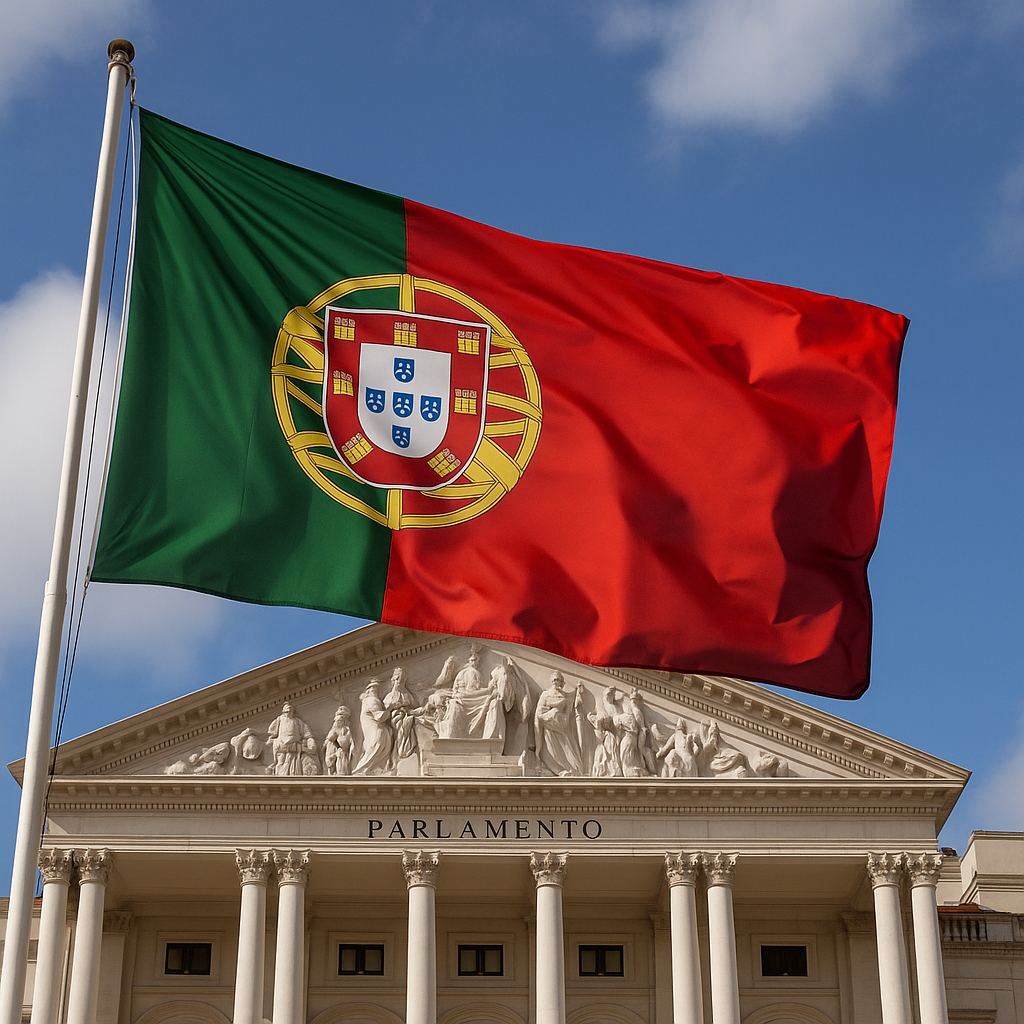Portugal’s Proposed Citizenship and Immigration Reforms (June 2025)
Portugal immigration reforms 2025 may soon bring major changes to the country’s citizenship, visa, and residence policies. In June 2025, the Council of Ministers approved four legislative proposals that—if passed—will reshape the immigration landscape. These proposed changes reflect a shift toward stricter eligibility, integration, and enforcement.
Important Note: These are proposed changes only. As of June 23, 2025, none of these measures have entered into force. They must still be debated and approved by the Portuguese Parliament, and may be amended before final implementation.
1. Nationality Law Reform: Stricter Pathways to Citizenship
One of the most impactful proposals relates to the Portuguese Nationality Law. The government has framed the changes around reinforcing the idea of a “genuine, robust, and lasting connection” to Portugal before granting citizenship rights.
Key Proposed Changes:
- Longer Residency Requirements:
- CPLP nationals (e.g., Brazil, Angola): 7 years of legal residence (up from 5).
- Non-CPLP nationals: 10 years of legal residence (up from 5).
- Time starts counting only from the date a residence permit is issued, not from arrival or informal stay.
- Birthright Citizenship (Jus Soli) Restrictions:
- Children born in Portugal to foreign parents will no longer automatically acquire citizenship.
- Parents must have had legal residence for at least 3 years.
- Citizenship must be formally requested by the parents.
- Integration & Civic Testing:
- Applicants must demonstrate knowledge of the Portuguese language. In addition, they must understand cultural values and the country’s legal and political system.
- A civic test and solemn declaration of commitment to democratic principles will be required.
- Criminal Record Standards:
- Any applicant with an effective prison sentence (regardless of length) will be barred from naturalization.
- Sephardic Naturalization Program to End:
- The fast-track naturalization route for descendants of Sephardic Jews will be abolished.
- Nationality by Ancestry Limited:
- Citizenship by descent will be limited to descendants up to great-grandchildren (bisnetos).
- Loss of Citizenship for Serious Crimes:
- Naturalized citizens may lose Portuguese nationality if convicted of crimes with sentences of 5 years or more, subject to a court ruling.
2. Portugal immigration reforms 2025: Entry, Residency, and Family Reunification
Alongside the nationality law, the government proposed amendments to Portugal’s immigration law, aiming to “regain control” of migration flows and tighten access to residence rights.
Key Proposed Changes:
- Job-Seeker Visa Limited to Highly Qualified Workers:
- The current visa allowing entry without a job offer will be restricted to highly qualified professionals.
- Stricter Rules for CPLP Visas:
- The CPLP visa framework will remain, but now requires a security clearance from the Internal Security System’s border unit.
- Residence permits under CPLP visas will only be granted to those holding valid residence visas—applications from tourists or visa-exempt entrants will no longer be accepted.
- Tightened Family Reunification Rules:
- The sponsor must have 2 years of legal residence before applying.
- Only minor children may apply from within Portugal. Meanwhile, adult dependents must apply from abroad.
- Applicants must prove suitable housing and adequate means of subsistence (excluding social welfare benefits).
- Integration obligations will include Portuguese language learning and school enrollment for children.
- Applications can be denied for reasons of public order, security, or health.
- Removal of Tacit Approval Rule:
- The automatic approval of residency applications due to administrative silence will be eliminated.
3. Creation of UNEF: New National Border Unit
A new proposal would establish the Unidade Nacional de Estrangeiros e Fronteiras (UNEF), a national border police unit under the Public Security Police (PSP).
- UNEF would handle border control, visa enforcement, and repatriation, marking a partial return to the border functions formerly held by SEF.
- This unit is intended to reassert Portugal’s control over its borders and align with European security frameworks.
4. Temporary Extension of Residence Permits
Finally, the government approved a decree to temporarily extend certain residence permits:
- Residence permits expiring by June 30, 2025, will remain valid until October 15, 2025, provided a renewal request is submitted before the new deadline.
This aims to avoid automatic expirations while AIMA continues to process the backlog of applications.
Why These Changes Matter – And What Comes Next
The proposed changes reflect a broader shift in Portuguese immigration and nationality policy. The government emphasizes national cohesion, integration, and security, responding to what it calls “seven years of uncontrolled immigration.”
However, the proposals have sparked concern among immigrant advocacy groups, legal professionals, and civil society organizations. Many argue the measures could:
- Disproportionately affect lower-income migrants and families
- Create barriers to naturalization and long-term stability
- Jeopardize Portugal’s inclusive image within the EU
Again, these are proposed changes only. They require parliamentary approval and are subject to negotiation and amendment. Stakeholders should monitor the legislative process closely.
What Should You Do Now?
If you are:
- Planning to apply for Portuguese nationality soon
- In Portugal on a CPLP visa or temporary residence permit
- Considering family reunification
Be aware that the proposed changes are expected to apply retroactively from June 19, 2025. This means that even applications submitted after that date could be evaluated under the new, stricter rules—even if the law has not yet formally passed.
You should still consult a qualified immigration lawyer to assess your individual case, confirm eligibility, and prepare any necessary documentation. In certain cases, legal arguments or transitional protections might still apply.
Stay Informed on Portugal immigration reforms 2025 – We will continue to monitor parliamentary debates and publish updates as the law progresses.
For assistance with nationality or immigration applications, contact our team for a consultation today.

